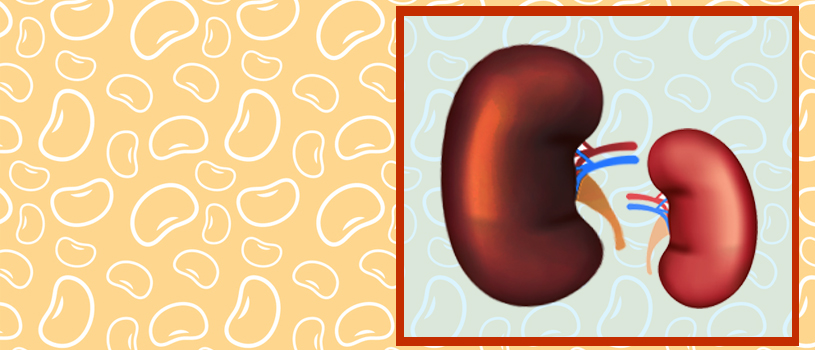Renal hypoplasia is a condition in which the kidneys do not develop properly since birth. The result is that one kidney is abnormally smaller than the other and does not function normally.
Renal hypoplasia can be diagnosed before the birth or during antenatal ultrasound scan later or even after the birth. Later after the birth, the presence of smaller kidney can only be witnessed when the signs of abnormal kidney function become apparent. It is a rare condition and hardly babies are born with hypoplastic kidney, until and unless there is an innate condition.
What can be the causes of renal hypoplasia?
The cause of renal hypoplasia cannot be determined in every case. In some cases, what the mother does during her prenatal is likely to define the growth and the development of the baby, especially the kidneys.
Causes include:
- Genetic mutation: Not always but often genetic condition plays a vital role in the occurrence of renal hypoplasia. Either mother or father or both have genes that are passed on to the baby. Accordingly, you will need genetic counseling for the same. Genetic testing involves taking samples of blood or blood tissue for a distinctive gene. The babies who are born with renal hypoplasia grow other problems simultaneously such as with urinary system, digestive system, nervous system, blood vessels, heart, etc.
- Medicines and drugs: Even certain drugs consumed during pregnancy may also trigger renal hypoplasia. These may include medications taken for fits, seizures, high blood pressure, painkillers, cocaine. Consult with your doctor about the medications you are taking already.
What are the types of renal hypoplasia?
The two different types of renal hypoplasia are as follow:
- Unilateral renal hypoplasia: Babies who are born with one small kidney may not manifest severe complications but need treatment.
- Bilateral renal hypoplasia: Bilateral means two. This type of renal hypoplasia develops in both the kidneys, so consequent treatment is needed for long.
Will this affect future pregnancy?
Unless the cause is a genetic mutation, there are fewer chances of renal hypoplasia in the upcoming pregnancies or any kidney-related issue. There is only a limited scope of renal hypoplasia in any of your babies, but you still need to consult your doctor for the same.
What are the complications of renal hypoplasia?
The following complications may appear in the babies after the birth of a baby with reduced kidney function.
- High blood pressure
- Urinary tract infections
- Chronic kidney disease
- Kidney failure
- Faulty lungs growth
These comorbidities can put a person at the risk of losing life, so proper diagnosis should be initiated if the parents seem to be the carriers of gene mutations.
Tests and diagnosis
These before-mentioned tests are usually conducted by the healthcare team.
Antenatal ultrasound scan
The 20-week antenatal ultrasound scan looks for abnormality in the baby’s growth. If one or both kidneys appear to be smaller, the baby is suspected. The scan may or may not diagnose the problem because there could possibly be other reasons for it. If the baby grows well in the womb and the level of amniotic fluid is normal, there are less-significant complications to arrive in the future. During pregnancy, other tests will also be initiated to know more about the baby’s health.
Tests later in childhood
Several cases of renal hypoplasia can only be witnessed later after the birth when certain other effects begin to trouble the baby.
Conditions which are similar to renal hypoplasia
Sometimes, renal hypoplasia is confused with other kidney-related problems such as:
Reflux nephropathy: It occurs because of scars on the kidneys
Multicystic dysplastic kidney: The kidneys have multiple bundles of cysts over them and do not work properly.
Renal dysplasia: Renal dysplasia is different from renal hypoplasia in which the cysts do not develop and is similar to normal size.
Renal hypoplasia can also occur along with other problems in the kidneys such as:


Thank you for the post on your blog. Do you provide an RSS feed?